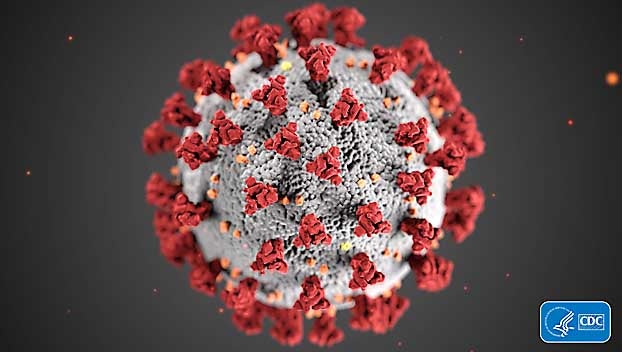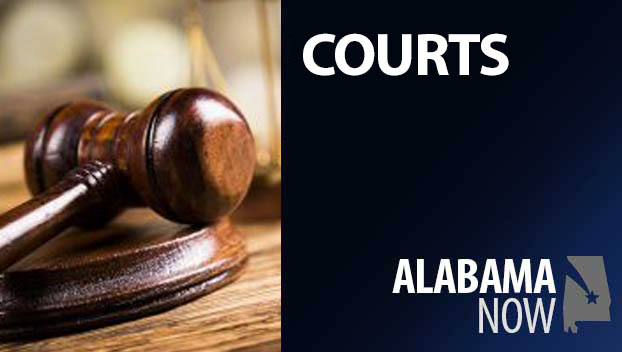Coronavirus found in neighboring states, but none in Alabama yet
Published 11:54 am Thursday, March 5, 2020

- Coronavirus
Cases of the Novel Coronavirus (COVID-19) have popped up in recent days in three states bordering Alabama and fortunately no positive tests have come back for anyone in the state of Alabama.
Since January, the Alabama Department of Public Health reports it was working with federal officials to prepare for the likely threat from the coronavirus.
Approximately 100 people (students, business travelers and tourists) returning from China have been monitored by Alabama health officials and thus far no cases of the coronavirus have been found.
FLORIDA
Florida Department of Health officials report they’ve found at least two people they refer to as “presumptive positive” cases. Both people are being isolated, Florida officials reported this week.
TENNESSEE
Tennessee Gov. Bill Lee confirmed the first case of coronavirus in his state.
The man in question lives in Williamson County, just south of Nashville and had recently returned from a trip out of state. He reportedly had not, however, left the country.
The governor’s office reports the patient is isolated at home and has experienced very mild symptoms.
GEORGIA
Earlier this week Georgia Gov. Brian Kemp and state health officials confirmed the first two cases of coronavirus in the state.
Both people live in the same Fulton County household. Fulton County covers an area in and around Atlanta.
One of the two had reportedly recently returned from a trip to Italy, where the virus has been spreading rapidly.
Both reportedly have mild symptoms and are isolated at their home with other family members to avoid spreading the virus.
MISSISSIPPI
No cases have been reported in Mississippi as of Thursday morning.
HOW TO AVOID VIRUS
The best way to prevent illness is to avoid being exposed to this virus. However, as a reminder, CDC always recommends everyday preventive actions to help prevent the spread of respiratory diseases, including:
- Avoid close contact with people who are sick.
- Avoid touching your eyes, nose, and mouth.
- Stay home when you are sick.
- Cover your cough or sneeze with a tissue, then throw the tissue in the trash.
- Clean and disinfect frequently touched objects and surfaces using a regular household cleaning spray or wipe.
- Follow CDC’s recommendations for using a facemask.
- CDC does not recommend that people who are well wear a facemask to protect themselves from respiratory diseases, including COVID-19.
- Facemasks should be used by people who show symptoms of COVID-19 to help prevent the spread of the disease to others. The use of facemasks is also crucial for health workers and people who are taking care of someone in close settings (at home or in a health care facility).
- Wash your hands often with soap and water for at least 20 seconds, especially after going to the bathroom; before eating; and after blowing your nose, coughing, or sneezing.
- If soap and water are not readily available, use an alcohol-based hand sanitizer with at least 60% alcohol. Always wash hands with soap and water if hands are visibly dirty.




